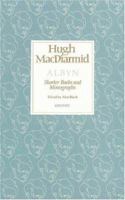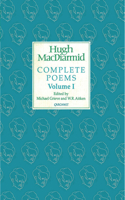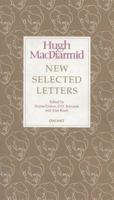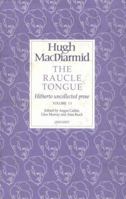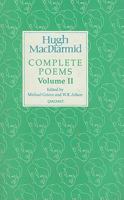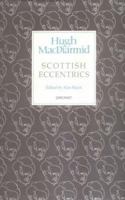Lithium and Animal Behaviour (Lithium research review series)
Select Format
Select Condition 
Based on Your Recent Browsing
Book Overview
No Synopsis Available.
Format:Hardcover
Language:English
ISBN:0898850754
ISBN13:9780898850758
Release Date:January 1982
Publisher:Human Sciences Press
Length:134 Pages
Weight:1.74 lbs.
Customer Reviews
6 customer ratings | 4 reviews
There are currently no reviews. Be the first to review this work.






















